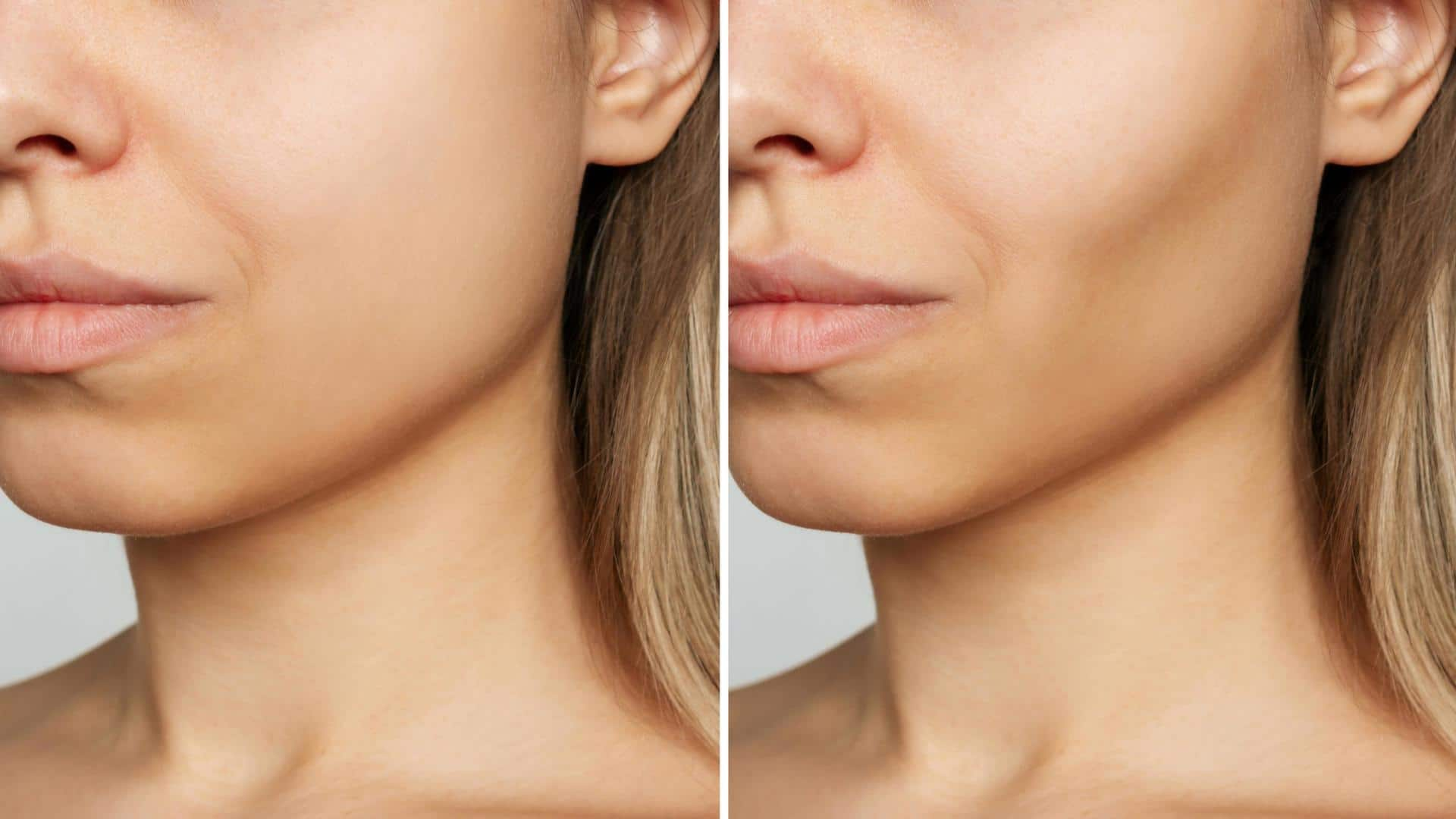
Ozempic face: Here's why you shouldn't use this derogatory term
What's the story
The #Ozempicface hashtag is trending on social media and for all the wrong reasons. The trend is linked to Ozempic, a medication prescribed for Type-2 diabetes, which has been associated with a perceived tired and drawn look on users' faces during their weight-loss journey. Here we'll take a closer look at the trend, its implications, and why you shouldn't be using this derogatory term.
Ozempic face
What is Ozempic face?
"Ozempic face" is not a medical term and is generally not a concern for those who have used the medication correctly. Some people use this term to describe sagging skin after weight loss. Although initially developed for Type-2 diabetes, it was discovered to have weight loss effects too. Subsequently, it became popular due to rumors about its use by various celebrities for weight loss.
After-effect
What does Ozempic do to your face?
When the drug causes rapid weight loss, it can make your face appear more aged and aesthetically unpleasing. The skin may sag and appear dull, and you may lose volume in your cheeks, giving a gaunt and aged appearance. Unfortunately, some use the derogatory term "Ozempic face" to describe this after-effect, contributing to the abuse directed towards obese people on their weight loss journey.
Mental health
Why you shouldn't label someone with this term
Being labeled with a term that suggests aging or unattractiveness due to weight loss can negatively impact a person's self-esteem and body image. It may discourage them from continuing their weight loss efforts and may even lead to the development of unhealthy behaviors or eating disorders. Feeling judged may hinder them from seeking support or openly sharing their experiences.
Management
How to manage the gaunt look on your face?
The American Academy of Dermatology Association suggests options like non-invasive skin tightening procedures (ultrasound, radiofrequency, laser), minimally invasive procedures (invasive radiofrequency, laser resurfacing), or surgical options (facelifts, eye lifts, "tummy tucks"). Skin-firming creams may have some benefits but are not the most recommended. Consult with a qualified dermatologist or medical professional to determine the best approach based on your specific needs and preferences.
Conclusion
The bottom line
Understand that "Ozempic face" is not a medical term, and it is not caused directly by the medication. It should not be used to label people on their weight loss journeys as it can be counterproductive for them. If you are thinking about taking Ozempic, talk to your doctor to make sure it is the right choice for your health.